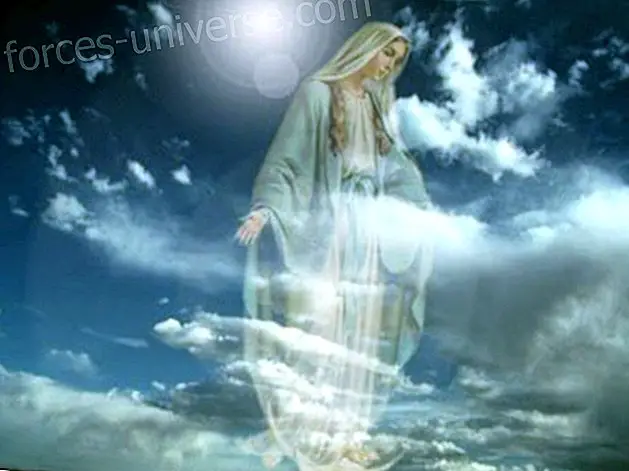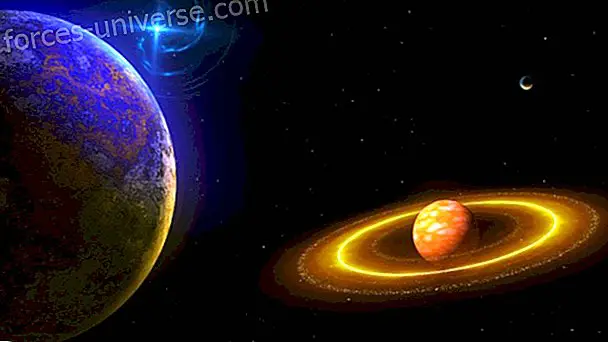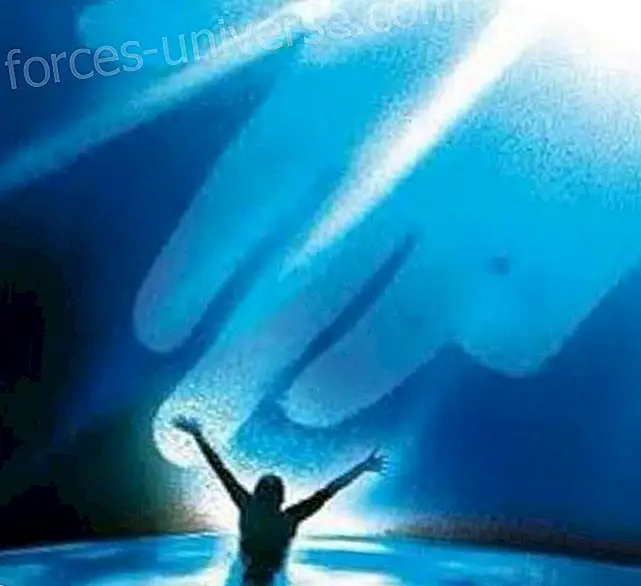Love: Reflections on the power of love as a paradigm of life and communion with the universe
- 2018

“Put love in the things you do and things will make sense. Take away the love and they will become empty. ”
Saint Augustine of Hippo.
Inspiring millions of songs and poems through time. Able to make us commit the most heroic acts and the most heinous crimes. Reason for great reflections for great thinkers throughout history.
We have heard and read a lot about love . Most of us have known him and many have suffered in his name .
Love is, in short, a much greater force than us that keeps us in some way united with our family, partner and friends.
But what is it, and how can we be sure that what we feel is really love ?
Several studies have been carried out from different perspectives to explain and identify it. From spirituality, neuroscience, psychology or sexuality can be explained differently.
But the truth is that nobody has taught us to identify how love acts in our lives . And more importantly, when we act with love . We have a vague idea of what it means to love, but it is such a broad and abstract concept that we cannot define it more than ideally. And as with everything that is abstract, each one forges his own concept through his lived experiences that sometimes even eludes the conventional love parameters.
However, in some way or another it is always present in our life.
I would like to invite you to join me in this reflection on love and the need to find in it a guide to travel our existence.
What is love: Origin and biology
First, I would have to start with what we know about love objectively and it seems to me a good starting point to understand what the origins of that word are.
Love is a Latin word, composed of the Indo-European root " amma ", which is the childish voice to call the mother, and the suffix " or " that implies effect or result. It is interesting to think that the mother is the first link of a child to come into the world. In addition, we identify the term mother also with our origin. For example in expressions like "mother earth" or "mother nature".
Perhaps that of a son towards his mother is initially the purest love, free of concepts, and therefore of prejudices and expectations.
We also know that the feeling commonly identified with love originates in the limbic system. This part of the brain is a rather primitive structure. That is, emotions are within the oldest configurations of man, even before thought .
The reward system, located within the limbic system, is responsible for making us feel pleasure and euphoria, and that is why we are so precious.
The problem is that it is not the only thing that triggers this system . So do drugs, and other psychological and physical dependencies. That is why sometimes the mistake is made of identifying an addiction with love.
It is before this imminent danger that it becomes a necessity not to identify love with a mere sensation, but with that ideal of purity bond.
Love must be good and fair. If not, we can automatically rule that what we feel is not love. It is something else.

Love as Force Majeure
However, as human beings we constantly connect with everything around us . Millennial philosophies such as that of Taoism teach us of our intimate bond with nature, our mother. This natural force that develops continuously in the universe is beyond the conceptual. That is, it is purity in its strictest sense.
When we understand that this universal force that prevails in all of us in turn links everything that exists, since nothing can escape it, we open ourselves to the possibility that love is not something exclusive to man . We begin to conceive that it is something that transcends us, that is beyond us. That is inscribed in that natural law that crosses us and operates throughout the universe, above our desires and emotions.
As we are witnesses and participants in it, the possibility of a new form of link opens up . We can relate from love to everything around us, in a pure and free from prejudices and expectations. If only we come to contemplate nature and identify in it our origin.
Either way we are composed of water, air, atoms. Neil deGrasse Tyson, a renowned American astrophysicist, recognizes that the elements that compose us are the same as those present in the cosmos and stars.
We belong to nature, from which we come and to which we are going .
Love begins in oneself
Having said that, I have left for the end a point that I consider fundamental in our existence. One of the most significant links throughout our lives is the one we establish with ourselves . That is the link that will determine how we project ourselves outward, and therefore how we link with our surroundings.
If we understand that we are part of nature, and understand that it in its entirety is governed by this divine law of love and harmony, we must humbly accept that we are not who to try to impose ourselves before that law.
We must love each other.

A fundamental principle to love us is to begin to know each other, because no one can love what he does not know . Take the job of strengthening that underrated link. Well as long as we do not, we will always have that inner barrier to the outside .
We are the vehicle in which our consciousness will transit our existence. We must take care. We neither chose our body nor our mind, but were somehow designated to us. We do not own them. We must, therefore, respect them.
I want to clarify that I am not a Doctor or Doctor in this matter, nor do I have a scientific or any type of endorsement in what I write. I am just a normal person, who lives and loves.
And I firmly believe that love is not limited to a sensation, but that it is something that transcends us. It is bigger and occurs outside of us, and in us too. It does not accept exceptions or alternatives . Live and flow as a natural force present in absolutely everything.
The options are to let it flow through it, or not to flow.
You choose.
AUTHOR: Lucas, editor in the big family of hermandadblanca.org
SOURCES:
- http://www.mentesana.es/psicologia/cerebro/neurociencia-amor-como-se-enamora-nuestro-cerebro_971
- http://etimologias.dechile.net/?amor
- https://www.psychologytoday.com/us/blog/love-without-limits/201111/what-is-love-and-what-isnt
- https://hermandadblanca.org/el-sendero-del-tao-el-taoismo-como-una-filosofia-de-unidad-y-armonia-con-el-mundo-sensible-y-no-sensible/






